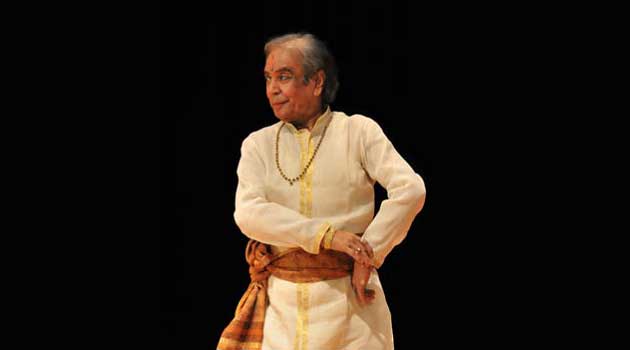Acting titan Sidney Poitier, who transformed how Black people were portrayed on screen, died on January 6, 2022, at the age of 94. He was the first African American to win an Academy Award, breaking the colour barrier in the US motion-picture industry.

During the 1950s and 1960s, Poitier was the lone representation of African-Americans in mainstream cinema, particularly at the height of the American Civil Rights movement. In its obituary, USA Today described him as an icon, while Vanity Fair hailed him as the “Martin Luther King Jr. of the movies”.
“I was as tongue-tied in that moment as I was when I’d initially met him, as moved as I still am when I watch his films.” – Halle Berry
Poitier was instrumental in redefining roles for African Americans by rejecting parts that were based on racial stereotypes. His first credited film role was Dr. Luther Brooks, a Black doctor who treats a bigoted white criminal, in No Way Out (1950).
Poitier played as a dockworker in the compelling thriller Edge of the City (1957), in which his friendship with a white coworker (John Cassavetes) enrages a racist union head.
When Poitier made history
Poitier made history as Homer Smith helping nuns build a chapel in Lilies of the Field (1963). His Academy Award triumph was the first time an African American male had won a competitive Oscar.
American comedy drama film Lilies of the Field, adapted by James Poe from the 1962 novel of the same name by William Edmund Barrett, tells the story of an itinerant worker who encounters a group of East German nuns, who believe he has been sent to them by God to build them a new chapel.
“That Oscar, the first in the category awarded to a Black actor, cemented Poitier as the Jackie Robinson of Hollywood, a watershed moment for the Academy, for the movies, and for generations of Black audiences,” said The New Yorker.
In 2020, the film was selected for preservation in the United States National Film Registry by the Library of Congress as being “culturally, historically, or aesthetically significant”.

Poitier received two competitive Golden Globe Awards, a competitive British Academy of Film and Television Arts (BAFTA), and a Grammy Award for Best Spoken Word Album.
Poitier was granted a knighthood by Queen Elizabeth II in 1974. From 1997 to 2007, he was the Bahamian Ambassador to Japan, during which period (in 1999), he ranked 22nd among male actors on the “100 Years…100 Stars” list by the American Film Institute and received the Screen Actors Guild Life Achievement Award.
In 2002, he was given an Honorary Academy Award, in recognition of his remarkable accomplishments as an artist and as a human being. In 2009, he was awarded the Presidential Medal of Freedom, the highest civilian honour in the United States, by President Barack Obama.
In his tribute, Obama noted that Poitier had “(advanced) the nation’s dialogue on race and respect” and “opened doors for a generation of actors”.
Several film historians and journalists have called Poitier Hollywood’s first African-American film star. The New York Times noted after his death, that Poitier was instrumental for the diversity of Hollywood and “paved the way for Black actors in film”.
The Hollywood Reporter wrote that “Poitier was the first actor to star in mainstream Hollywood movies that depicted a Black man in a non-stereotypical fashion, and his influence, especially during the 1950s and ’60s as role model and image-maker, was immeasurable.”
He overcame enormous challenges
The youngest of seven children, Poitier lifted himself from extreme poverty—his parents were tomato farmers who had no running water or electricity. When Poitier arrived in New York with only $3 and approached the American Negro Theatre responding to an ad, he was told, “Stop wasting your time—get a job as a dishwasher!”








